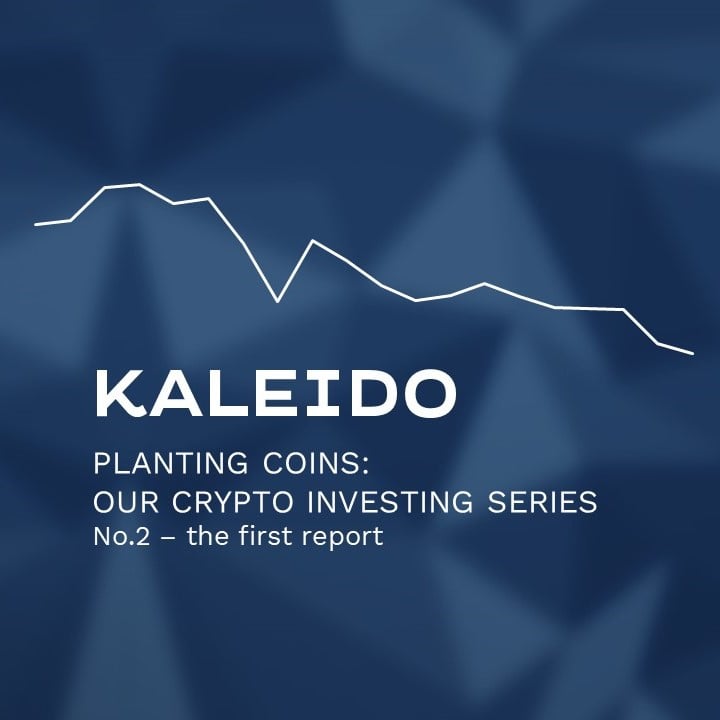The Key to a Successful Portfolio: Mastering Asset Allocation
In the vast landscape of investing, one key principle has stood the test of time: strategic asset allocation. Far from being only a buzzword,...
Please click on the blue "+" sign to open the full menu.
We have the right products for you, for a secure future.
We provide you with the right advice, to be future-proof.
It all starts with a friendly conversation. Just contact us.
Have you decided to invest in Bitcoin? Then you should know that there is more than one way to do that.
In fact, there are multiple options! However, for newcomers to the digital currency space, navigating the various investment methods can be overwhelming.
In this article, we'll explore six distinct ways to invest in Bitcoin, evaluating the pros and cons of each; assessing the fees, how easy it is to buy or sell (tradability), counterparty risk, and the legal structure.
What is it? The direct purchase of Bitcoin from a cryptocurrency exchange or peer-to-peer platform. This method ensures ownership of the cryptocurrency itself, providing investors with direct access to their Bitcoin.
Advantages:
Disadvantages:
What is it? Investment vehicles that hold Bitcoin on behalf of investors, offering a more traditional investment method within the cryptocurrency space. Ownership is represented through a fund share rather than direct ownership of the cryptocurrency itself.
Advantages:
Disadvantages:
What is it? Contracts that allow for speculation on the future prices of Bitcoin, representing ownership through a derivative contract.
Advantages:
Disadvantages:
What is it? Mutual funds or hedge funds that invest in Bitcoin and other cryptocurrencies, providing investors with ownership in a fund share.
Advantages:
Disadvantages:
What is it? Publicly traded funds that mirror the price movements of Bitcoin, offering investors ownership in a fund share.
Advantages:
Disadvantages:
What is it? Similar to ETFs but may include a broader range of products such as ETNs. ETNs are a type of debt issued by financial entities, designed to track the performance of Bitcoin. Instead of owning Bitcoin directly, investors own a piece of debt that follows Bitcoin's price changes.
Advantages:
Disadvantages:

To sum up, Bitcoin investment offers various options, each with its own benefits and risks, as shown in the table above.
Whether you choose to own Bitcoin directly, invest through traditional methods, or explore derivatives, knowing about the fees, tradability, the risks involved, and the legal aspects is key.
Before you start investing in Bitcoin, it's wise to do your homework and possibly talk to a financial expert. This can help you make smart choices in the fast-changing world of cryptocurrency. If you'd like to discuss investments in Bitcoin with us, please reach out via our website.
With careful thought and smart decisions, investing in Bitcoin could be a valuable addition to your investment portfolio.
Disclaimer: This piece of information is for marketing and entertainment purposes only and should not be taken as an investment recommendation. Remember that all investments involve risk. Please read our full Marketing Disclaimer here.

In the vast landscape of investing, one key principle has stood the test of time: strategic asset allocation. Far from being only a buzzword,...

As of March 2022, the World Federation of Exchanges reported a global count of 58 300 companies listed on stock exchanges. In stark contrast,...

Management Summary The crypto investing series starts under adverse market conditions. Our investment strategy was able to compensate or dampen...